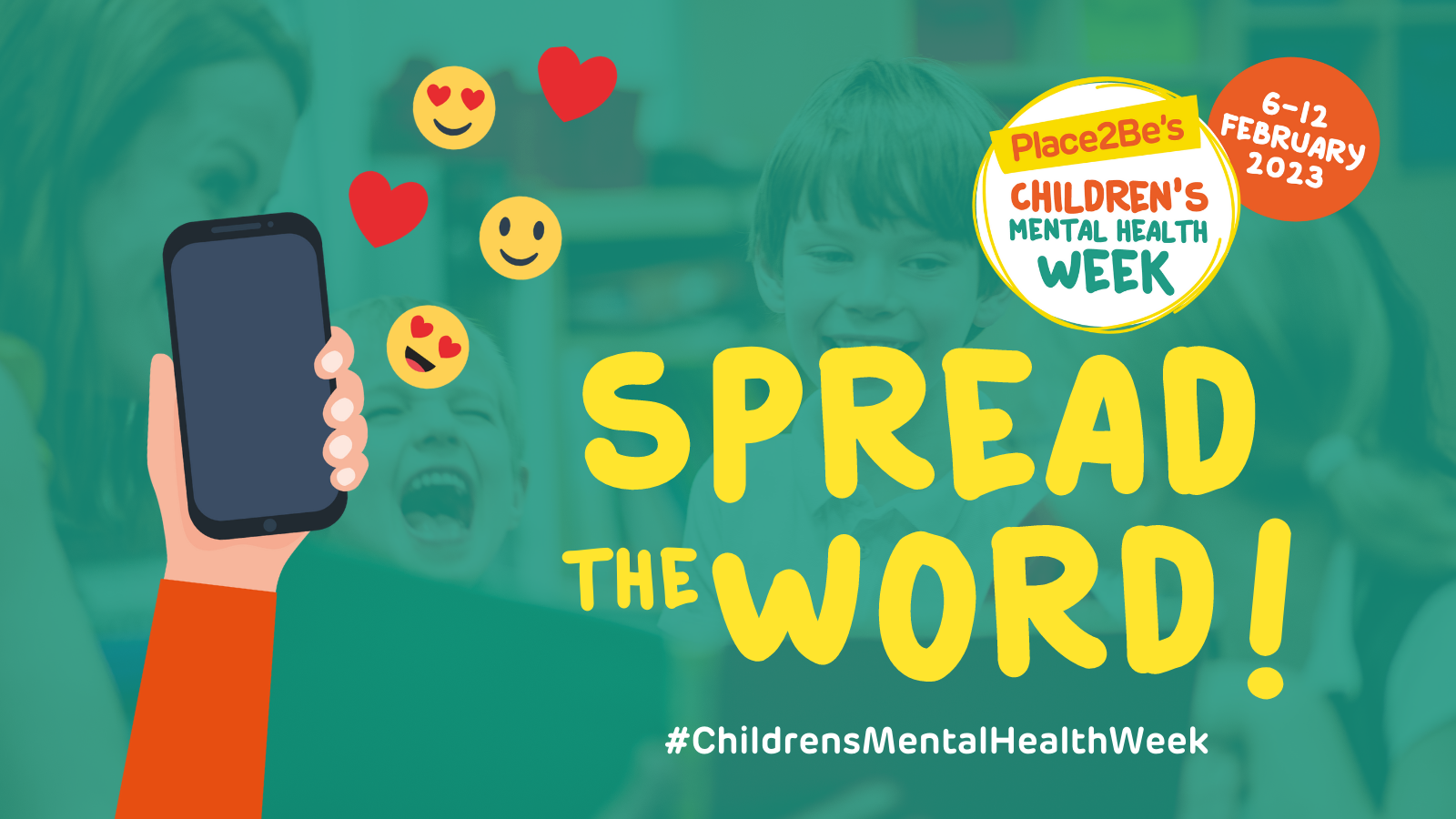
This week at St Luke’s Academy, we recognised Children’s Mental Health Week and we encouraged our students to connect with others in healthy, rewarding, and meaningful ways. The theme ‘Let’s Connect’ is about making meaningful connections for all because people thrive in communities and this connection is vital for our wellbeing. When we have healthy connections – to friends, family, and others – this can support our mental health and sense of wellbeing.
During our assembly, we watched a short clip about Ian Wright and his teacher from secondary school who changed his life. He explained how his teacher backed him in playing football and gave him a helping hand when he wasn’t doing well in class. It was this important connection that helped Ian Wright to become the Arsenal and England legend that we know today.
During tutor times, classes focused on how being kind and supportive to others can build a positive supportive relationship. This was also linked to our core school's value of kindness.
As parents and carers, you are an important role model to your child. How you connect with friends and family will influence your child, and how they develop their own friendships and relationships. For example, how you greet people and maintain friendships, but also how you forgive people or say sorry when you need to.
What Can You Do?
Here are a few simple ways you can connect with your child and help them to make meaningful connections.
- Connect with your child in everyday ways. Moments of connection (and re-connection) are really important in child-caregiver relationships. For example, when you pick them up from school or come in from work, try to give them your full attention and see if this helps you feel better connected as you hug, talk, smile, and hear about their day. With your older child, you may find times such as car journeys a good time to talk or to reconnect by playing music you both like. It is important to be accessible to a teenager when they need to talk. You may have to be there ‘on their terms’ and be ready to listen.
- Talk to your child about important connections. This could include talking about family members, friends, neighbors, childminders, people in the local community, and others in your faith group (if you have one). Remember it’s ok to talk about people they miss, for example, family members who live in a different country or people who have died. Children learn a lot from their parents about how to express their feelings, including the joy that comes with feeling connected to others and the sadness that comes with missing others.
- Talk to your child about their friends. As children become teenagers, their friendship groups become increasingly important to them. Be open to hearing about their friendships and try to listen without judgment.
